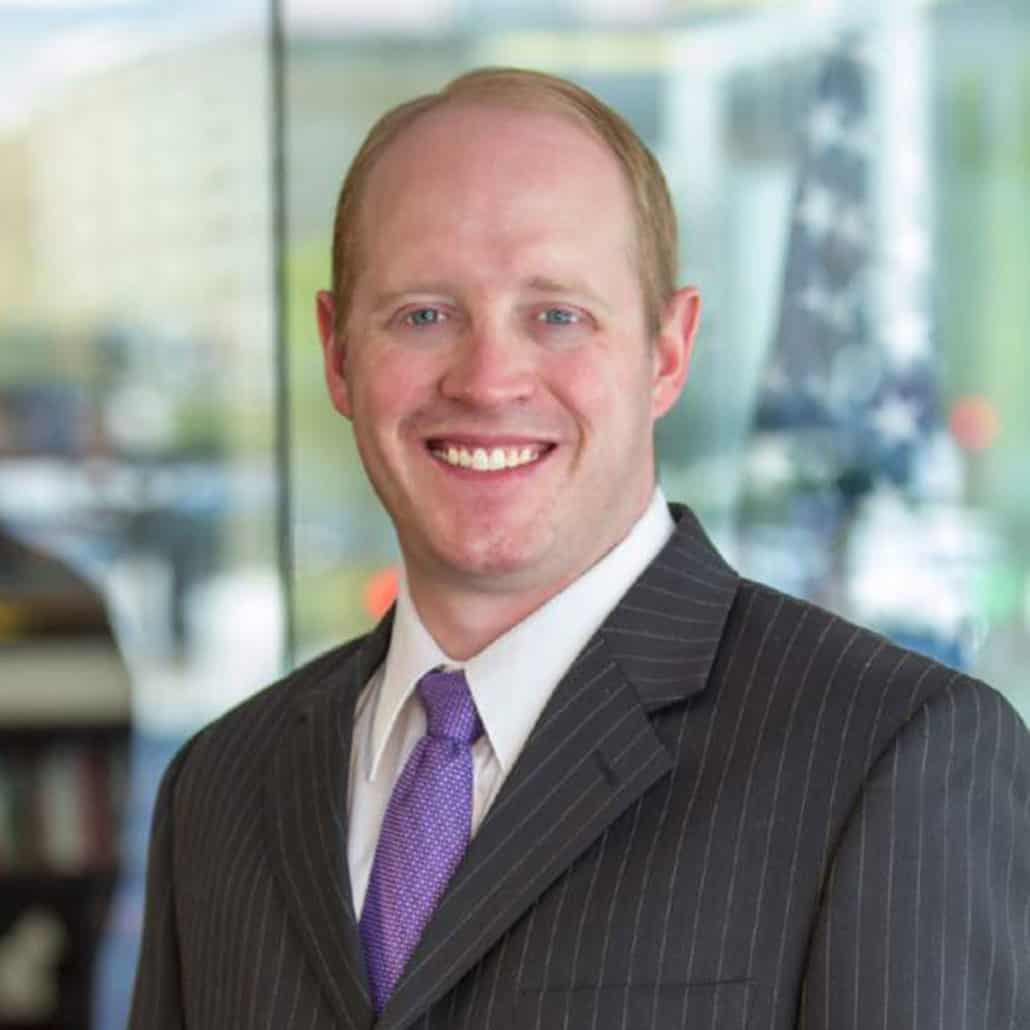Originally published by the Deseret News.
At his home in Colorado, Jack Phillips must be celebrating the Supreme Court’s decision in his favor in Masterpiece Cakeshop v. Colorado Civil Rights Commission — albeit probably with a note of sadness that it took six years of his life to get here. Those are the exact sentiments that all reasonable Americans — be they conservative or liberal, LGBTQ or straight — ought to be sharing right now.
That is because the Supreme Court’s decision rightly challenges all of us as Americans to rise above shortsighted culture war tactics that have divided and harmed communities for decades — usually for the sake of raising money and pressuring politicians. It points to a better way: an elevated dialogue that uses disagreement as an opportunity to listen, understand and move toward consensus, with the side effect of beginning to rebuild the unity in American values — unity that has too often been lost amid no-holds-barred ideological battles whose concern is only for victory on the purest of terms, regardless of the casualties.
That better way permeates Justice Anthony Kennedy’s majority opinion protecting Phillips’ religious freedom. Kennedy begins the exposition of that opinion by writing about “the recognition that gay persons and gay couples cannot be treated as social outcasts or inferior in dignity and worth.” This is a fit summary of decades of Supreme Court jurisprudence on the legal treatment of LGBTQ individuals, much of which Kennedy has written himself. Then, in almost the same literary breath, he writes that “religious and philosophical objections to gay marriage are protected views and in some instances protected forms of expression.”
This balanced and broad recognition of constitutional and legal protections for fundamental, identity-forming beliefs such as sexual orientation and religious sexual morals is repeated in the majority opinion in the contexts of free market exchange, civil rights, state laws and government regulation. In short, the better way for America’s legal rules and constitutional principles is to apply them in a reasonable and balanced way to protect the basic rights and freedoms of all citizens in the realms of the economy, the courts or in national and state public policy.
The better way also follows the Supreme Court’s recognition that hate does not stop being hate when it falls under the banner of LGBTQ equality. Legalized discrimination against the free public expression of someone’s religious identity is no different from legalized discrimination against another’s free public expression of their sexual orientation or gender identity. Those in power do not get to set terms for that expression for those of one identity and then create less favorable terms for those with an identity that they find distasteful. That was wrong when religious advocates attempted it in past decades, and it remains wrong when LGBTQ advocates attempt it today. Both promote inequality before the law and unwarranted prejudice against fellow human beings.
What does the better way mean for public accommodations laws, then? There is no one answer to this question, but it could mean protecting LGBTQ individuals from discrimination in the marketplace, with exemptions for religious organizations and, separately, for religious individuals whose morals prevent them from directly providing a good or service but who make a good-faith effort to ensure that LGBTQ individuals and couples receive the goods and services they need. In a world where subcontracting arrangements and electronic interactions are everywhere, this is both a reasonable and practical solution in most circumstances. Other, perhaps better, policy solutions may also be available. The Supreme Court’s recent decision means that everyone now has an opportunity to bring their ideas forward to be part of the solution, rather than part of the problem.
That the majority opinion was agreed to by both wings of the Supreme Court is evidence that reasonable conservatives and liberals can agree that the rights of both LGBTQ and orthodox religious individuals can and must be protected. The substance of that opinion reveals the need to reject extreme ideas and policies — on the right and on the left — put forward by those who take only their own ideological and political interests into account.
If we can do that, then we will help to build our communities, restore civil dialogue and renew our politics. Because that is the better way.
More Insights
Read More
Education policy to consider during the 2024 election season
Here’s a look at what each presidential candidate is likely to focus on in education, given their track records and campaign platforms.
Ignoring the text of the Constitution is a mistake
A written Constitution is entirely superfluous if the document is simply meant to give the people what they want.
What you need to know about election integrity
It should be easy to vote and hard to cheat. This oft-quoted phrase has been articulated as a guiding principle by many elected officials wading into voting and election policy debates in recent years. So why has this issue been so contentious, and what’s the solution?



